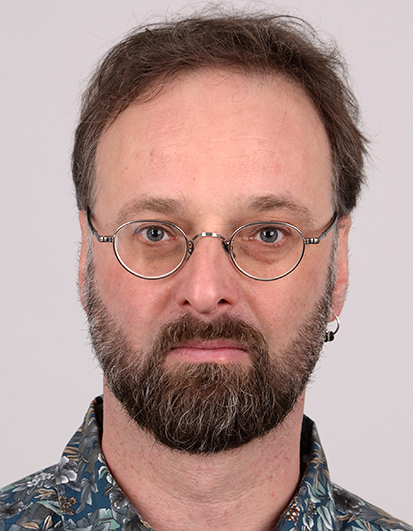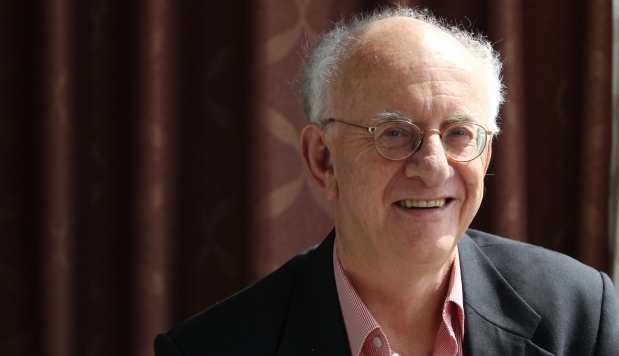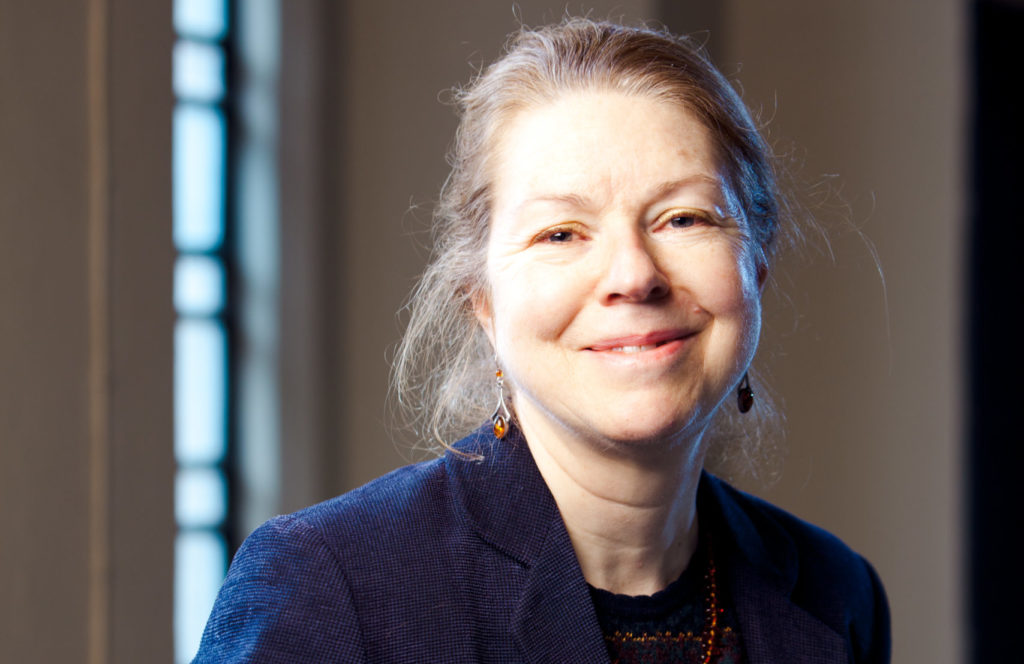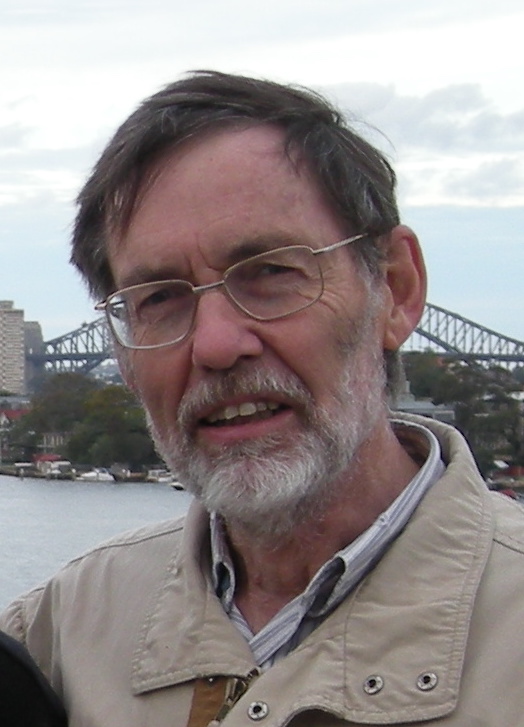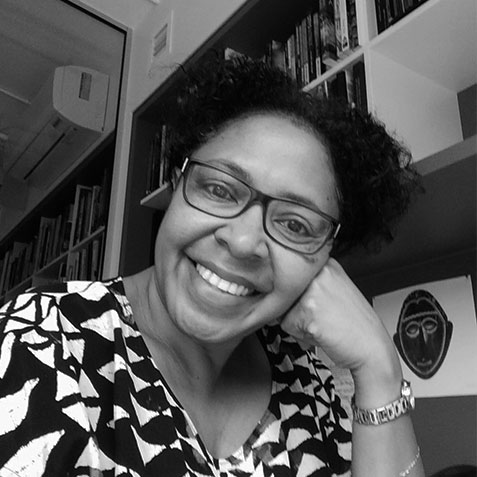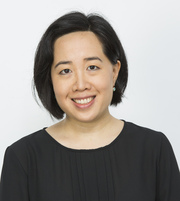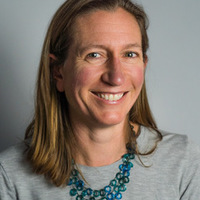We were delighted to learn recently that our unit of study, History Beyond the Classroom (HSTY3902), has received a Unit of Study Survey (USS) Commendation for Faculty Wide Units.
These commendations are based entirely on the USS results, and are given to units when the USS items relating directly to student satisfaction of teaching effectiveness and student satisfaction of feedback and engagement were both in the top quartile of the School’s performance.
This news also provides us an opportunity to reflect on our USS student responses, and the responses we received from our community organisations who participated in History Beyond the Classroom in Semester 2, 2019.
Student Responses
Twenty-two of twenty-five enrolled students responded to the USS survey, or roughly 88%. Of these, 100% of responses strongly agreed or agreed that they were satisfied with the quality of the teaching, that they found the work intellectually rewarding, that they had good access to valuable learning resources, and that the assessment tasks challenged them to learn.
In addition, 95% of students strongly agreed or agreed that they had developed relevant critical and analytical thinking skills, and they had been guided by helpful feedback in their learning, with only one student “neutral” on each question.
Finally, 100% of students strongly agreed or agreed that the unit helped them “develop a broader range of ideas, attitudes and approaches to and beyond the subject matter.”
“What have been the best aspects of this unit of study?”
In the qualitative section, students responded to this question with a broad range of answers including the guest speakers, the focus on public history, the field trips, the opportunity to gain real world experience of public history work, and the engaging teaching.
Excerpts from student comments:
- “Simply, this was a great class. Both of the teachers were excellent and has been my favourite class this semester.”
- “The teaching and hands-on aspects of the course have been great and really engaging. This course has been incredible in providing opportunities to learn about different options for after graduation and for providing alternatives to more traditional work formats. Mike and Marama have been super helpful in guiding the process as well, and the field trips were really informative.”
- “Being encouraged to push my boundaries and take what I have learnt as a student of history and use it to engage with groups external to the university.”
- “The quality of the speakers each week – all impressive, illuminating and engaging. … This really was an exceptional course, unlike any I have undertaken at Sydney Uni. Great preparation for life outside and what you can do with a history degree.”
- “I also really enjoyed doing the project, it’s a great way to get experience with a major work in a field we’re passionate about. The project has taught me a lot about time management, discussing options with organisations, and realising expectations.”
- “The best aspect of this unit of study has been gaining real world insight into the world of public, popular and professional history. I was unaware of how many different avenues this degree could take me down, and it has been really valuable and rewarding taking this course and finding out more about history outside university.”
- “I found the assessment task and volunteer work great complementary work that helped understanding the place of history outside of uni. Overall, it was probably one of, if not the best, history unit I have taken at uni so far.”
- “This unit of study has been a highlight of my degree. As a history student, I loved this unit’s emphasis on public/community engagement. It has pushed me outside of my comfort zone – of writing essays – into the real world, showing me the real impact and applicability of the skills I have learned over my three years.”
- “The best aspect of the unit of study by far would be the assessment task. It is one of the most challenging, yet relevant assessment tasks I’ve done. It has been extremely intellectually stimulating and I have enjoyed the freedom and real world connections that it has brought about.”
- “Mike and Marama were two fantastic teachers and guided our projects where necessary, as well as helping us engage in really thought-provoking discussions. I’ve really loved every part of this unit, so thank you SO much Mike and Marama!”
“What aspects of this unit of study most need improvement?”
Of course, there is always room for improvement. While we were very grateful that some students said they really wouldn’t change anything, we will continue to adjust the unit in response to the constructive feedback we received.
In particular, students asked for more opportunities to share their work on their major project in class. Several pointed to the valuable session late in semester when they shared their ideas and project with each other, and requested that this kind of discussion take place more frequently, and/or earlier in semester.
Each year, some students have difficulties negotiating with their community organisation, and we will continue to think about the guidelines we can provide to the organisations outlining their responsibilities, in order to smooth the way for our students.
Finally, students asked that clearer instructions about the major assessment be provided earlier in the semester. For the majority of our students, this is the first time they are undertaking a major assessment other than an essay. We will continue to work on making sure our expectations and directions for the major project are set out clearly and early, so that students can plan out their semester, and balance the other work required for this unit.
Community Organisation Responses
At the end of last year, we asked our participating community organisations to undertake a brief survey on their experiences of the unit. Out of twenty-four organisations, we received nine responses.
Of these, 100% of organisations agreed that they were satisfied with the way the student participated, and with the research project they developed. Their positive comments spoke to their enthusiasm and experiences working with individual students, with one organisation calling the student they worked with “delightful and highly respected,” and another describing their student as “flexible, supportive and full of creative ideas and skills.”
Excerpts from community organisation comments:
- “We can only hope that he gained as much from this Project as we gained from his commitment, enthusiasm & friendship.”
- “Thank you for giving us the opportunity to engage with this initiative. We gained so much.”
- “I am very impressed with this program. The injection of new thinking provided ideas and in particular horsepower to both preserve our history and reach a wider audience.”
- “It has been a rewarding experience for [us] and I hope for [the student] and we look forward to future work together.”
- “This is a great initiative, with significant rewards for both the student and the community.”
- “We do congratulate you on this most worthwhile initiative.”
- “This history project is fantastic. I had a look at the website with all the students’ projects. It’s great to see the research skills brought to life in the telling of the various shards of history which make up the story of this country.”
Thank you again to our fantastic students and community partners for all of their hard work last semester, and to our generous guest speakers: Mark Dunn, Nicole Cama, Breann Fallon, Nathan Sentance, Tamson Pietsch, Madeline Shanahan, Stephen Gapps, and the former HSTY3902 students who came to share their wisdom and experiences.
History Beyond the Classroom was co-taught in 2019 by Prof. Michael McDonnell and Dr. Marama Whyte. You can see examples of student projects developed for this course here.

